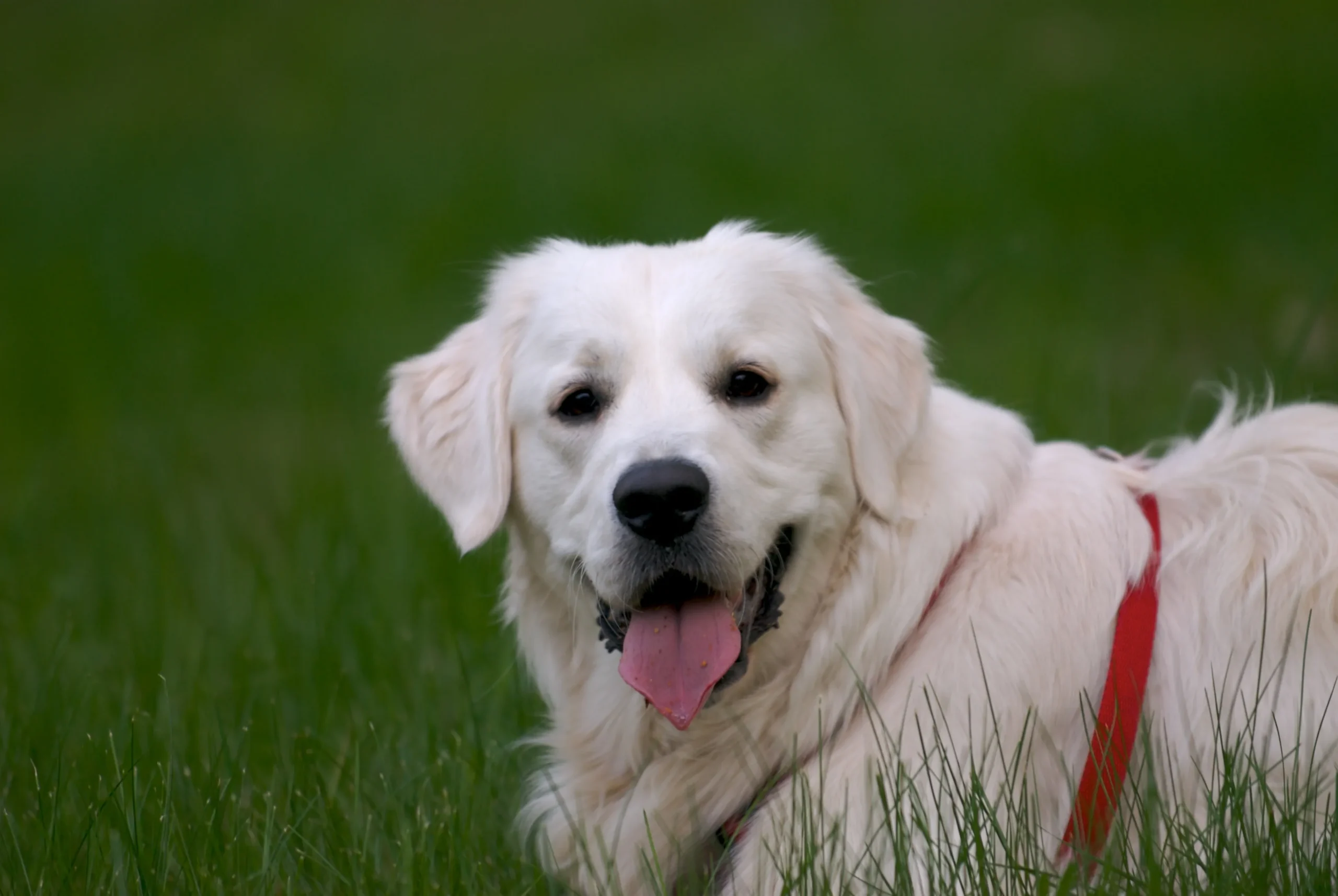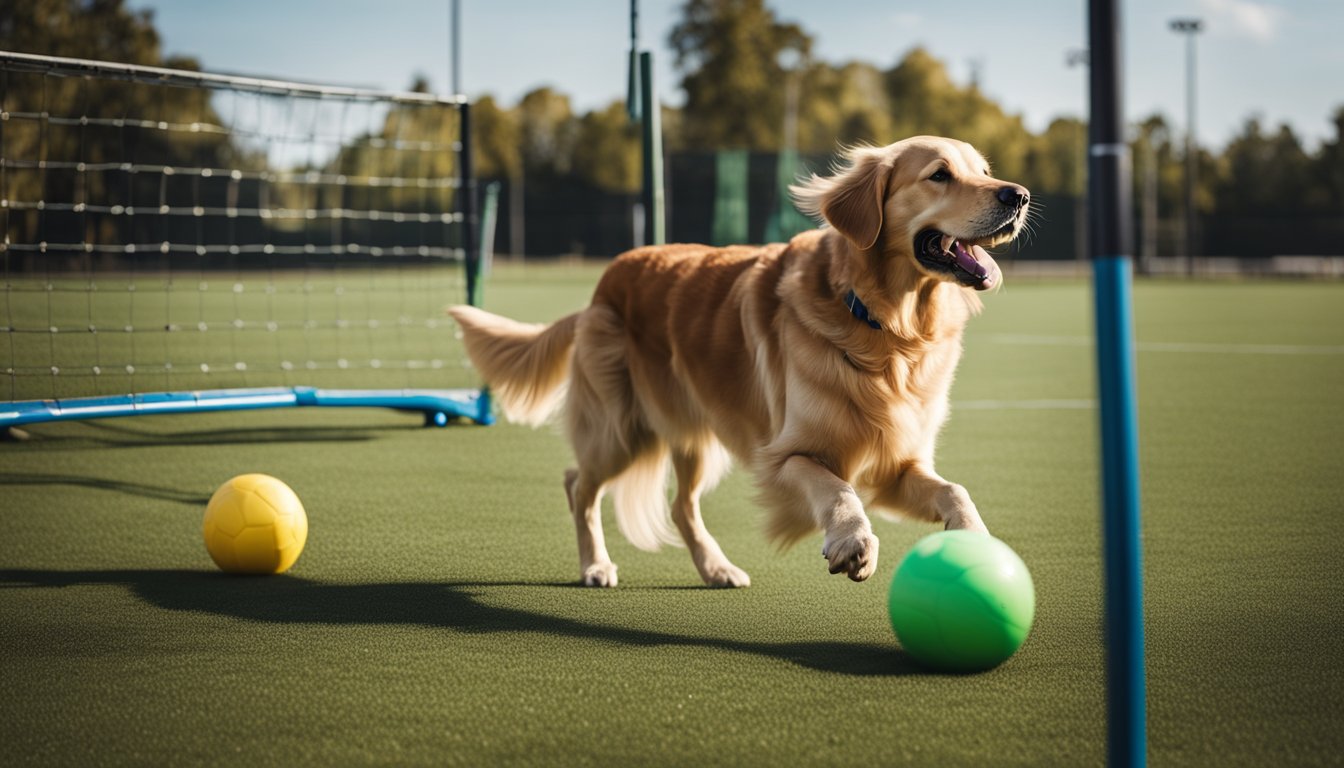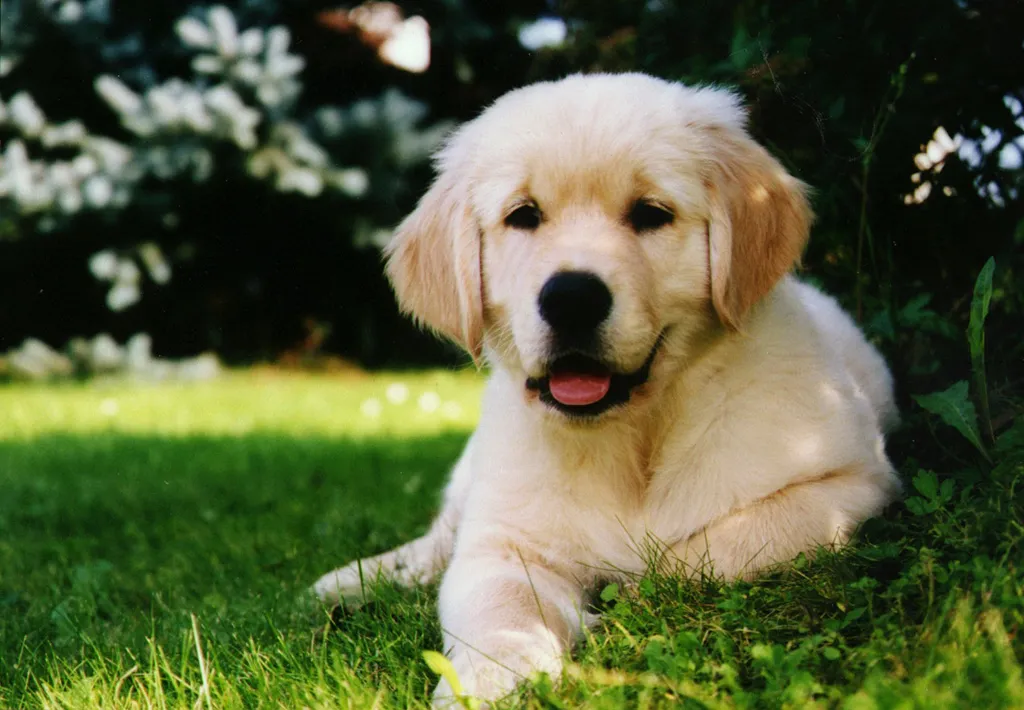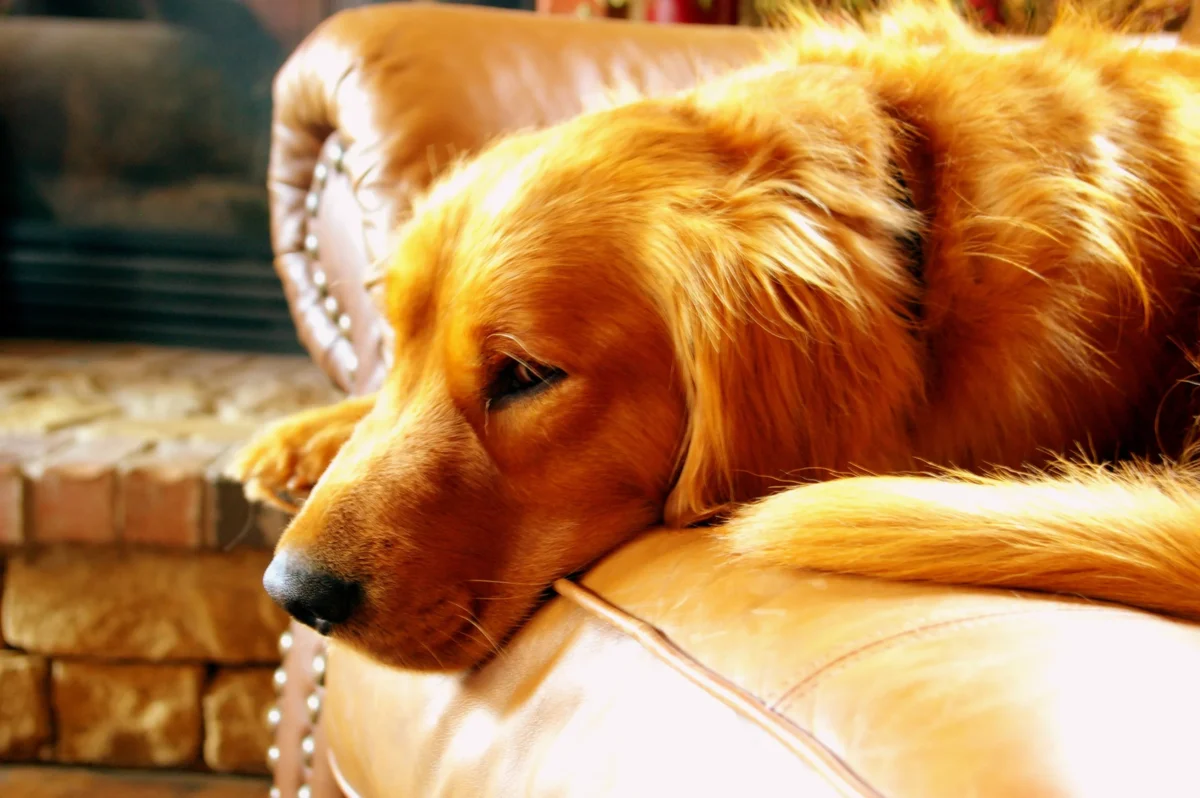If you are a proud owner of a Golden Retriever, you know that these dogs are not only beautiful but also intelligent and friendly. However, to ensure that your furry friend is well-behaved and obedient, you need to invest in proper training. While you can train your Golden Retriever at home, enrolling in specialized training courses can help you address specific behavioral issues, teach advanced techniques, and socialize your pet with other dogs.
Understanding Golden Retrievers is the first step to effective training. These dogs are eager to please, which makes them easy to train, but they can also be stubborn at times. Basic Training Techniques, such as potty training, leash training, and obedience training, are essential to establish a strong foundation for your pet’s development. Once your Golden Retriever has mastered the basics, you can focus on addressing specific Behavioral Issues, such as separation anxiety, aggression, or excessive barking.
Key Takeaways
- Proper training is essential for Golden Retrievers to ensure they are well-behaved and obedient.
- Understanding your dog’s behavior and mastering basic training techniques are crucial for effective training.
- Specialized training courses can help address specific behavioral issues and teach advanced techniques.
Understanding Golden Retrievers
https://www.youtube.com/watch?v=3Huo6hdCUbk&embed=true
Golden Retrievers are a friendly, sociable, and intelligent breed that make great furry friends. They are known for their loyalty and love for their owners, making them an ideal companion for families and individuals. However, like all dogs, Golden Retrievers have their unique behaviors and needs that require proper training and care.
One of the most important aspects of training your Golden Retriever is understanding their behavior. Golden Retrievers are intelligent and eager to please, but they can also develop behavior problems if not trained properly. Some of the common behavior problems that Golden Retrievers may develop include jumping, barking, digging, and chewing. By understanding why your Golden Retriever is displaying these behaviors, you can develop an effective training plan to correct them.
In addition to training, providing mental stimulation is also important for your Golden Retriever’s overall health and well-being. Golden Retrievers are active dogs that require plenty of exercise to stay healthy and happy. Regular exercise not only helps to keep them physically fit but also provides mental stimulation. Engaging in activities such as playing fetch, going for walks, and swimming can help to keep your Golden Retriever mentally stimulated and prevent behavior problems.
Another important aspect of caring for your Golden Retriever is grooming. Golden Retrievers have a thick coat that requires regular brushing to prevent matting and tangling. They also require regular bathing and trimming to maintain their coat’s health and appearance. Proper grooming not only helps to keep your Golden Retriever looking and feeling their best but also helps to prevent health problems such as skin infections.
In summary, understanding your Golden Retriever’s behavior, mental stimulation needs, exercise needs, and grooming needs is essential to providing them with the best care possible. By providing proper training, exercise, and grooming, you can help to ensure that your Golden Retriever remains healthy, happy, and well-behaved.
Basic Training Techniques
https://www.youtube.com/watch?v=bBeuOlY22HM&embed=true
Training your golden retriever is an essential part of their development, and it should start as early as possible. The basic training techniques include teaching your dog commands such as sit, come, down, stay, and heel. These commands are the foundation of obedience training and can be taught using positive reinforcement.
Positive reinforcement training involves rewarding good behavior with treats, praise, and support. Treats are an effective way to motivate your dog to learn new commands, but it is important to use them in moderation. Too many treats can lead to weight gain, which can be harmful to your dog’s health.
One of the most important aspects of basic training is patience. It takes time for your dog to learn new commands, and they may not get it right the first time. It is important to stay positive and keep practicing until your dog masters the command.
When teaching your dog basic commands, it is important to use consistent language. Use the same word for each command every time you give it. This will help your dog understand what you want them to do.
Another important aspect of basic training is reinforcement. Reinforcement training involves rewarding good behavior with treats, praise, and support. This will help your dog understand what you want them to do and encourage them to repeat the behavior.
There are several training tips that can help you teach your golden retriever basic obedience. First, start training your dog as early as possible. Puppies have a short attention span, so keep training sessions short and fun. Second, use positive reinforcement training to motivate your dog to learn new commands. Third, be consistent in your language and use the same word for each command every time you give it. Finally, be patient and keep practicing until your dog masters the command.
If you want to learn more about basic obedience training, consider taking a masterclass or enrolling your dog in a training course. These courses can provide you with the skills and knowledge you need to train your dog effectively.
Addressing Behavioral Issues
« Why Do Dogs Howl: Understanding the Reasons Behind This Common Behavior
Best Age to Breed a Golden Retriever: Tips and Guidelines »
https://www.youtube.com/watch?v=mtiRbYkJBMg&embed=true

One of the most important aspects of training your Golden Retriever is addressing any behavioral issues that may arise. Here are some common issues and how to address them:
Chewing
Golden Retrievers love to chew, and it’s important to provide them with appropriate chew toys to satisfy this natural urge. If your dog is chewing on things they shouldn’t, redirect their attention to a chew toy and praise them when they chew on it. If your dog continues to chew on inappropriate items, consider using a bitter spray or keeping those items out of reach.
Barking
Barking is a natural behavior for dogs, but excessive barking can be a problem. To address excessive barking, identify the cause of the barking and address it. For example, if your dog is barking at people walking by, try blocking their view or redirecting their attention to a toy or treat.
Aggression
Aggression is a serious issue that should be addressed immediately. If your dog is showing signs of aggression, such as growling or biting, seek the help of a professional trainer or behaviorist. They can help you identify the cause of the aggression and develop a plan to address it.
Leash Pulling
Leash pulling can be frustrating and even dangerous. To address leash pulling, start by teaching your dog basic leash manners, such as walking on a loose leash and paying attention to you. Use positive reinforcement to reward good behavior and redirect your dog’s attention when they start to pull.
Jumping Up on People
Jumping up on people is a common issue for Golden Retrievers. To address this behavior, teach your dog to sit and stay when greeting people. Reward them for good behavior and redirect their attention when they start to jump up.
Behavioral Issues
If your Golden Retriever is exhibiting other behavioral issues, such as anxiety or separation anxiety, seek the help of a professional trainer or behaviorist. They can help you identify the cause of the behavior and develop a plan to address it.
Remember, training your Golden Retriever takes time and patience. By addressing behavioral issues early and using positive reinforcement, you can help your dog become a well-behaved and happy member of your family.
Specialized Training Courses
Golden Retrievers are friendly and easy to train, but specialized training courses can help them excel in dog shows, therapy work, search and rescue missions, or simply be super obedient. There are many options available for specialized training courses, including in-person classes, online dog training courses, videos, and websites.

Online dog training courses are a popular option because they offer lifetime access to training materials and the flexibility to learn at your own pace. One popular online dog training course is Brain Training for Dogs, which is designed to improve your dog’s obedience and intelligence through fun and engaging games.
If you prefer in-person classes, consider finding a professional dog trainer who specializes in Golden Retrievers. They can provide personalized training to address specific behavioral issues and help your dog reach their full potential. You can search for professional dog trainers in your area on websites like Petfinder or AKC.
Another option is to watch training videos online, which can be a great way to see training techniques in action. Websites like Kingdom of Pets offer online training videos covering areas like leash walking, barking, chewing, and aggression.
No matter which specialized training course you choose, remember that consistency and patience are key to successful training. With the right training, your Golden Retriever can become a well-behaved and obedient companion.
Home and Socialization Training
https://www.youtube.com/watch?v=Kr5ZF7iwPTo&embed=true

When it comes to training your Golden Retriever, home and socialization training is a crucial aspect. This training will help your pup learn the rules of the house and how to behave around people and other animals.
One of the first things you should focus on is crate training. A crate can provide a safe and comfortable space for your pup to rest and sleep. It can also be used to help with potty training and teaching your pup to hold their bladder. Make sure to choose a crate that is the right size for your pup and provide comfortable bedding.
Potty training is another important part of home training. Establish a routine and take your pup outside frequently, especially after meals and naps. Praise them when they go potty outside and avoid punishing accidents. With consistency and patience, your pup will learn to associate going potty with being outside.
House training is also important to teach your pup the rules of the house. Establish boundaries and routines, such as where your pup is allowed to go and when they can play. Consistency is key to help your pup learn these rules.
Socialization is crucial for your pup to learn how to behave around people and other animals. Introduce your pup to new people, animals, and environments gradually and in a controlled manner. Praise your pup for good behavior and avoid punishing them for being scared or nervous.

Acclimating your pup to different environments and situations is also important. Gradually expose your pup to new experiences, such as car rides or vet visits, and provide positive reinforcement for good behavior.
Overall, home and socialization training is an important part of raising a well-behaved Golden Retriever. With patience, consistency, and positive reinforcement, your pup will learn the rules of the house and how to behave around people and other animals.
Advanced Training Techniques
https://www.youtube.com/watch?v=5DNmniJ2Xsk&embed=true
Now that your Golden Retriever has mastered basic obedience training, it’s time to move on to advanced training techniques that will challenge them mentally and physically. Here are a few techniques you can use to take your Golden Retriever’s training to the next level:
Leash Training
Leash training is an essential skill for any dog, and it’s especially important for Golden Retrievers, who tend to be strong pullers. A well-trained Golden Retriever should be able to walk calmly on a leash without pulling or tugging. To achieve this, you can use a variety of techniques, including positive reinforcement, clicker training, and the use of a no-pull harness or head collar.
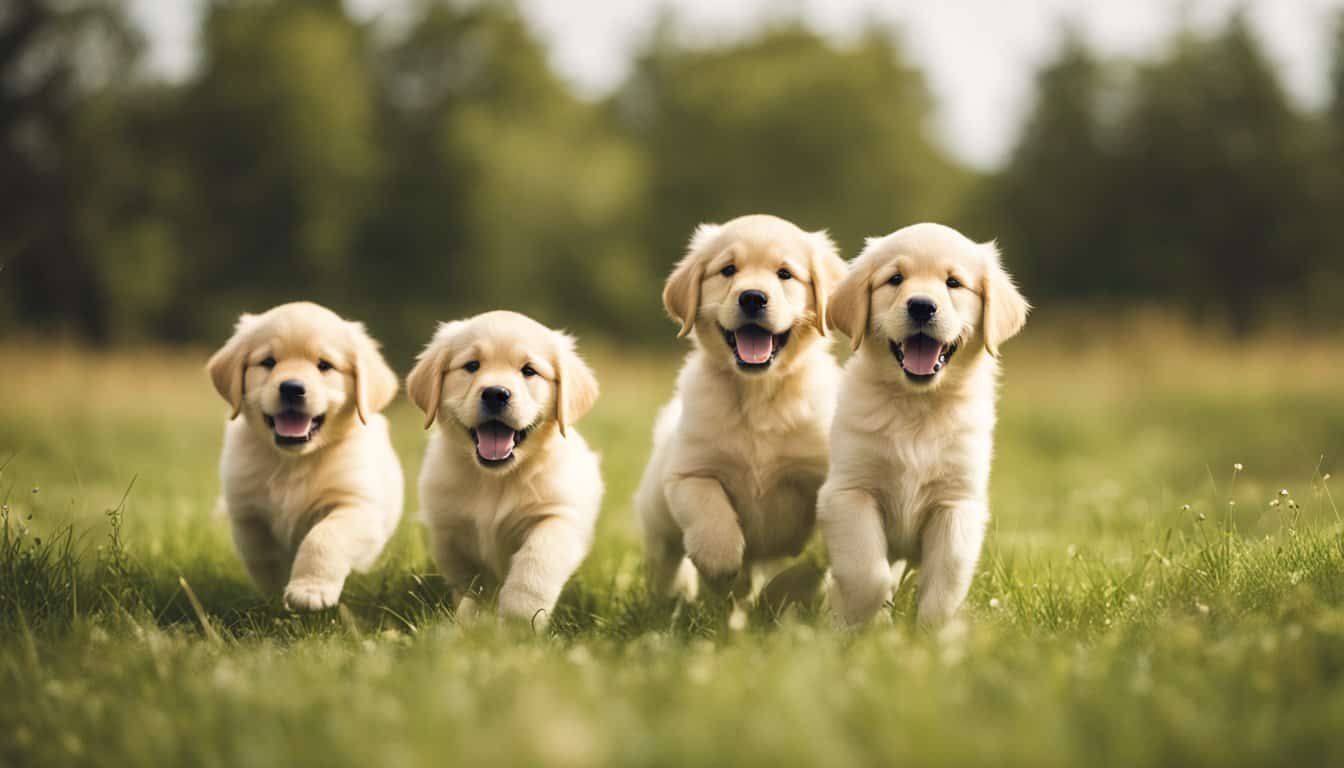
Tricks
Teaching your Golden Retriever tricks is a great way to keep them mentally stimulated and engaged. Some popular tricks for Golden Retrievers include rolling over, playing dead, and shaking hands. To teach your Golden Retriever tricks, you can use a combination of positive reinforcement and clicker training.
Rally and Agility
Rally and agility are two popular dog sports that are perfect for Golden Retrievers. Rally is a sport that involves completing a series of obedience exercises, while agility involves navigating an obstacle course. Both sports require a high level of training and focus, but they can be a fun and rewarding way to bond with your Golden Retriever.
Proofing and Generalization
Proofing and generalization are two important concepts in dog training. Proofing involves teaching your Golden Retriever to perform a behavior in a variety of different environments and situations, while generalization involves teaching your Golden Retriever to perform a behavior in the presence of distractions. These techniques can help ensure that your Golden Retriever’s training is reliable and consistent.
Attention Span and Fear Stage
When training your Golden Retriever, it’s important to keep in mind their attention span and fear stage. Golden Retrievers have a relatively short attention span, so it’s important to keep training sessions short and focused. Additionally, Golden Retrievers go through a fear stage between the ages of 6 and 14 months, during which they may be more fearful and anxious than usual. It’s important to be patient and understanding during this stage and to continue training in a positive and supportive manner.
Body Language
Finally, it’s important to pay attention to your Golden Retriever’s body language during training. Golden Retrievers are highly attuned to their owner’s emotions and body language, so it’s important to remain calm and relaxed during training sessions. Additionally, be sure to watch for signs of stress or anxiety, such as panting, whining, or pacing, and adjust your training accordingly.

Frequently Asked Questions
https://www.youtube.com/watch?v=TWC9eT8Ou6E&embed=true
What is the best training method for Golden Retrievers?
There are different training methods for Golden Retrievers, but the best one is positive reinforcement. This method involves rewarding good behavior with treats, toys, or praise. Positive reinforcement helps your Golden Retriever learn what you want them to do and reinforces good behavior. Punishing your Golden Retriever for bad behavior can lead to fear, anxiety, and aggression.
Are Golden Retrievers easy to train?
Golden Retrievers are known for being intelligent, loyal, and eager to please, which makes them easy to train. However, each Golden Retriever is unique, and some may require more patience and effort than others. Consistency, positive reinforcement, and patience are key to training your Golden Retriever.
What age should I start training my Golden Retriever?
You can start training your Golden Retriever as early as 8 weeks old. At this age, your Golden Retriever can learn basic commands such as sit, stay, and come. Early training helps your Golden Retriever develop good habits and socialization skills.
How to train a Golden Retriever puppy to sit?
To train your Golden Retriever puppy to sit, hold a treat above their head and say “sit.” Your puppy will naturally sit down to reach the treat. Once they sit, give them the treat and praise them. Repeat this process several times until your puppy learns to sit on command.
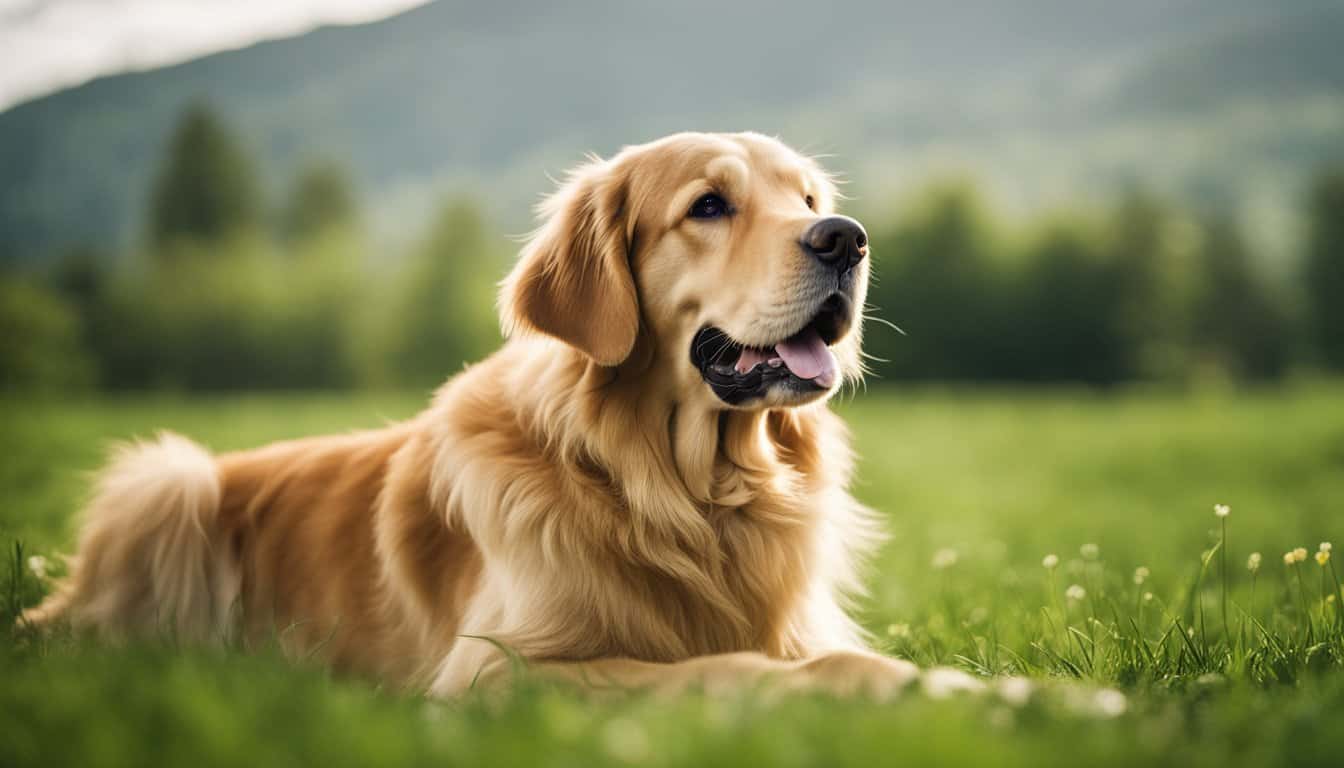
How to train a Golden Retriever puppy to pee outside?
To train your Golden Retriever puppy to pee outside, take them outside every few hours and wait for them to go. When they do, praise them and give them a treat. If your puppy has an accident inside, clean it up and take them outside immediately. Consistency and patience are key to housebreaking your Golden Retriever puppy.
What are the stages of Golden Retriever puppy behavior?
Golden Retriever puppies go through several stages of behavior, including the neonatal stage, transitional stage, socialization stage, and juvenile stage. During the neonatal stage, puppies are completely dependent on their mother. In the transitional stage, they start to develop their senses and motor skills. The socialization stage is when puppies learn to interact with other dogs and people. Finally, in the juvenile stage, they become more independent and may test boundaries. Understanding these stages can help you train and care for your Golden Retriever puppy.

